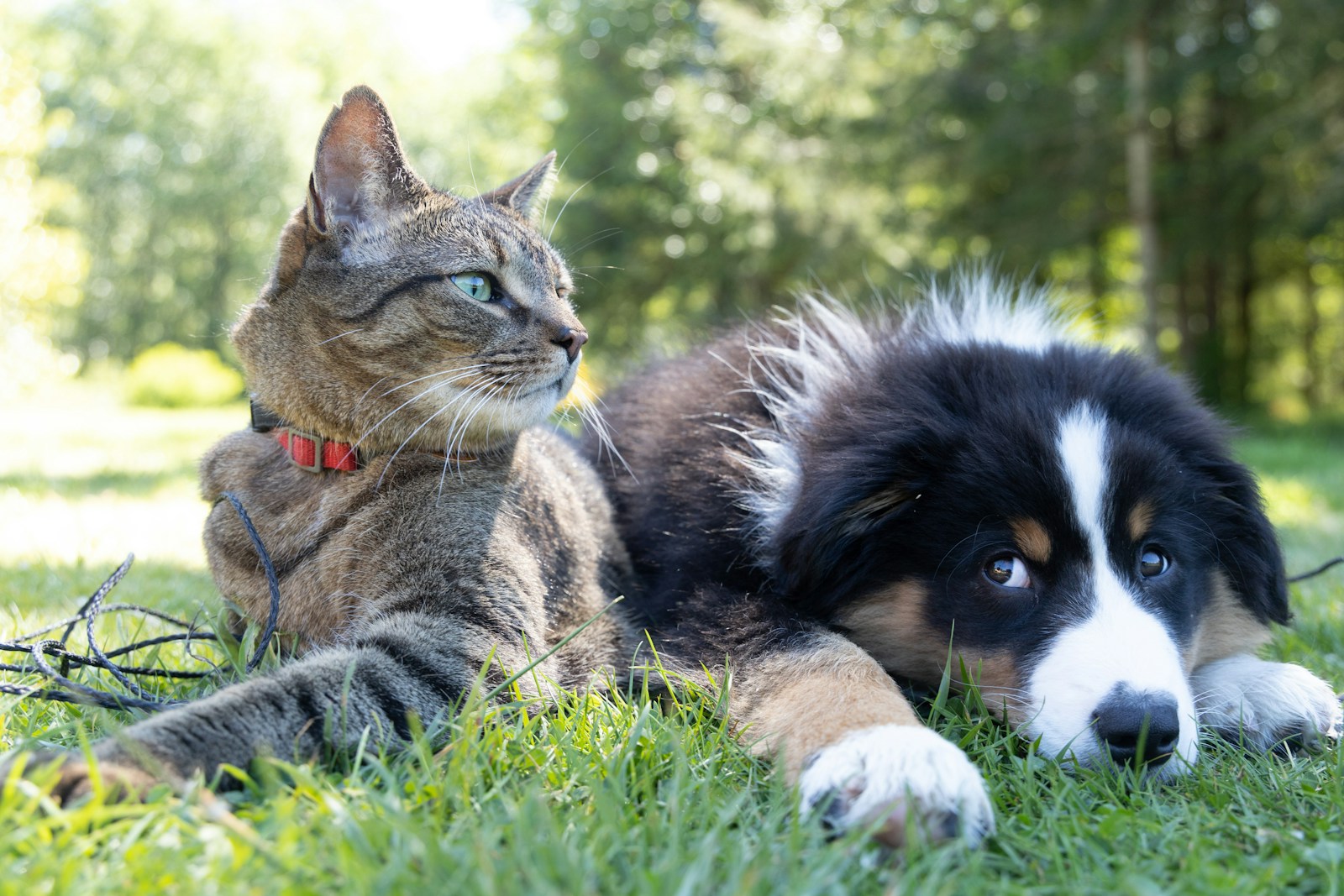For many of us, there is no more fulfilling relationship in our day-to-day lives than with our pet. Our pets offer consolation in times of crisis, celebrate with us in times of joy, and offer us love unconditionally.
It’s no wonder, then, that for many of us our greatest concern in a divorce is who will get custody of the pet. It’s not uncommon for a couple to be able to amicably divide their assets and decide the custody of the children, only to dig in their heels and go to trial over who gets the pet.
Who get custody of a beloved pet in a divorce?
The first thing to understand is that, in Virginia, pets are considered personal property. That may seem crass, but the law sees companion animals as the same as a sofa or a family heirloom. That means that a puppy or kitten is to be divided between of you just like any other asset.
Whose pet was it?
The easiest way to determine who will keep a pet is to figure out how the pet came into the family in the first place. If the dog or cat was yours going into the marriage, it will be yours after the divorce. Assets brought into the marriage usually stay with that person at the marriage’s dissolution. The same thinking applies if the pet was a gift during the course of the marriage. If your husband gave you Scout for your birthday, you will normally be able to keep him after the divorce. The same would apply if a friend or parent gave him to you. But what if you picked out your pet together?
Everything is negotiable
Just as when both spouses want the same china cabinet, who keeps the pet is an asset to be negotiated over. It’s not uncommon for a pet to be the most important asset for one spouse over the other. In negotiating the equitable distribution of your assets, you may need to give up more of the family china or a dining room set or other asset to secure that your pet remains with you. It may not feel like it, but everything is negotiable.
But what happens if your spouse just refuses to negotiate in good faith?
If all else fails, just remember that yours isn’t the first divorce to come down to the dog or cat (or iguana). Having a full trial in Circuit Court over a pet, however, is an expensive and futile proposition.
If you do go to trial, the Judge may take into account who has taken care of the animal the most. If one spouse did 90 percent of the care for the pet, they will likely be the one to keep it. If all things are relatively equal, the Judge is likely to split the pet equally between the two of you.
Just remember, the majority of divorces are settled before trial, and almost none of those that do go to trial are not over the companion animals. Thinking of worst-case scenarios isn’t helpful. Be open to compromise. If having your cat or dog is important to you, you will be able to make it work. Just have an open and honest conversation with your lawyer and they can help find the best solution for you and your spouse—and your beloved pet.





